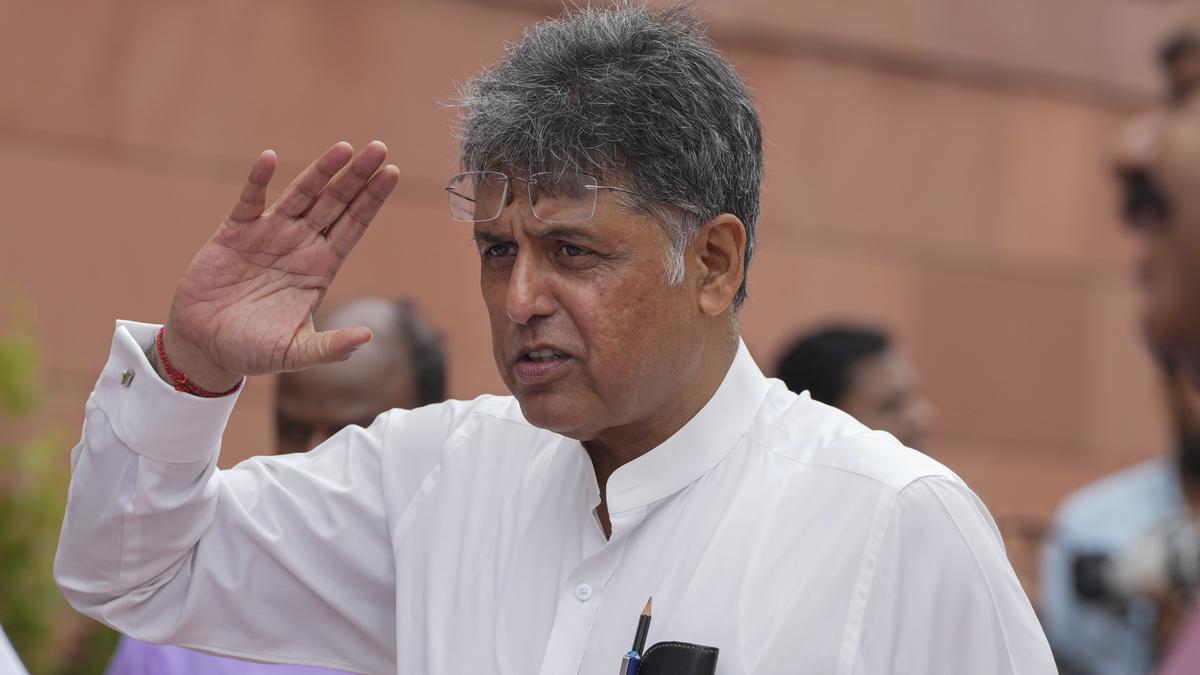ARTICLE AD BOX

Television actress Rupali Ganguly opposes the Supreme Court's order. The order is about moving stray dogs in Delhi-NCR to shelters. Rupali highlights the dogs' importance in Indian culture. She mentions their role in protecting communities. She urges care for strays through vaccination and feeding. She wants them to stay where they belong.
Television actress Rupali Ganguly recently spoke out against the Supreme Court’s decision to relocate all stray dogs in the Delhi-NCR area to shelter homes. Known for her role in the popular show Anupamaa, Rupali expressed her disappointment over the verdict, highlighting the importance of these dogs in society.On Tuesday, Rupali took to her X (formerly Twitter) account to share her thoughts on the issue. She spoke about how these dogs have long been respected in Indian traditions. “In our traditions, dogs guard Bhairav Baba’s temple and are fed on Amavasya for blessings,” she wrote. She added that these animals have grown up around us, protecting neighbourhoods, guarding shops, and alerting people to danger by barking at potential thieves.
Removing them suddenly, she argued, is like “silencing an alarm before a fire,” taking away a vital form of protection.Rupali further stressed that moving these dogs to distant shelter homes is not an act of kindness but an act of exile. According to her, stray dogs are not strangers but an integral part of Indian faith, culture, and community safety. She urged people and authorities to care for the strays by vaccinating and feeding them and allowing them to live where they have belonged for generations.
The Supreme Court’s ruling, passed on Monday, instructed local authorities to capture and transfer every stray dog in the Delhi-NCR region to designated shelters. The court also emphasised that none of the animals should be allowed to escape from these shelter homes. This verdict has sparked criticism from animal welfare groups, activists, and many members of the public who believe the move neglects the natural role these animals play in urban life.



.png)
.png)
.png)
















 8 hours ago
2
8 hours ago
2









 English (US) ·
English (US) ·